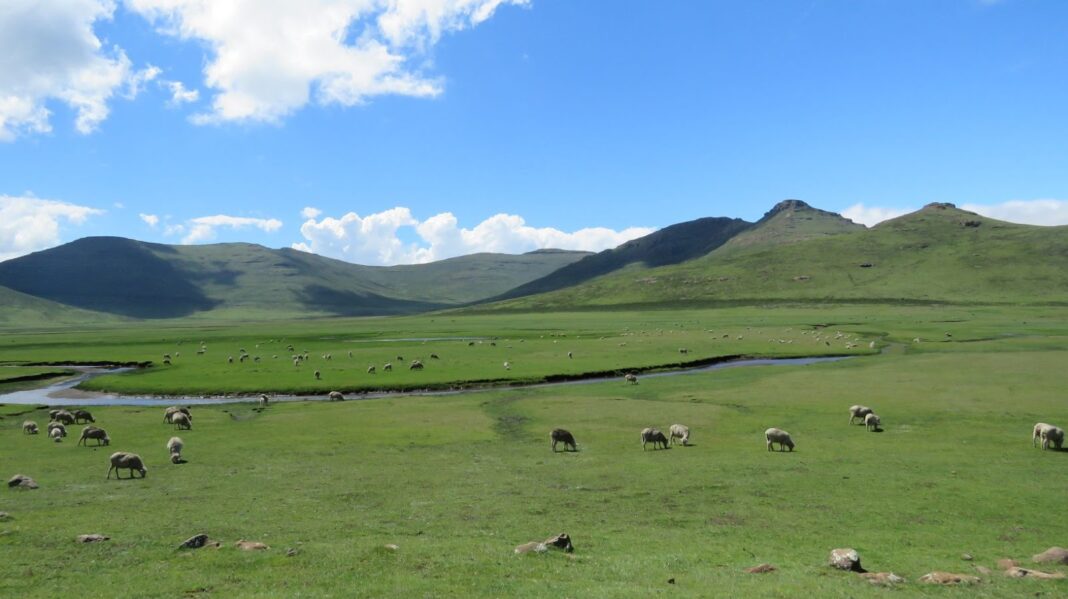Lineo Mahlomola
Lesotho Highlands Development Authority (LHDA) wants better protection for wetlands as they are critical sources of the water commodity, to which the authority owes its very existence.
Working in collaboration with the Department of Environment, the LHDA this week held a high-level workshop for Principal Chiefs from Mokhotlong, Botha Bothe, Leribe, and Thaba Tseka districts, members of the Parliament Portfolio Committee on Natural Resources, and District Administrators (DAs) from the four districts to raise awareness on the wetlands within the Polihali dam catchment.
During the workshop held in Thaba Bosiu Cultural Village, the environment manager at LHDA, Palesa Monongoaha, said they work hand in hand with local government authorities to raise awareness to the public about range and soil management so as not to destroy the wetlands.
“We work with the entire nation including head boys and grazing associations that we establish consisting of livestock owners and the shepherds. We monitor and make grazing plans together, we also include them in their implementation.
“We also organise workshops to teach them the importance of protecting the land and adhering to the grazing plan rules,” Monongoaha added.
She further indicated that wetlands are key for water delivery to South Africa, and therefore need to be protected because they provide the water that flows into rivers.
The LHDA is Lesotho’s implementing agency of the Lesotho Highlands Water Project (LHWP) – a binational project between Lesotho and South Africa to transfer water to the latter while generating power for the former.
The second phase of the water project, which includes the construction of the Polihali dam and water transfer tunnels, is currently being executed in the Mokhotlong district.
“We call wetlands our natural dams that store water. We have learned that most of the wetlands have peat, which prevents complete decomposition to keep the water clean.
“When water is stored in the peat because it stores a lot of it, it will find its way out to form a well which connects with others as they flow downstream, eventually forming a river. This is why we say the wetlands need to be protected,” she said.




